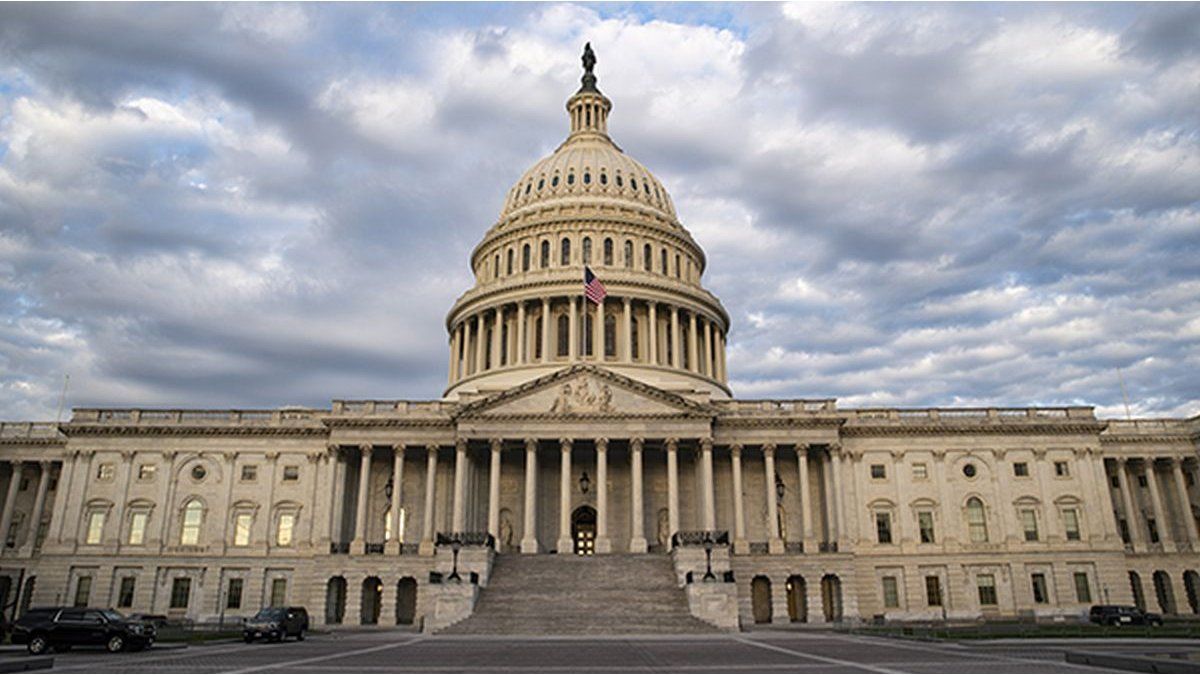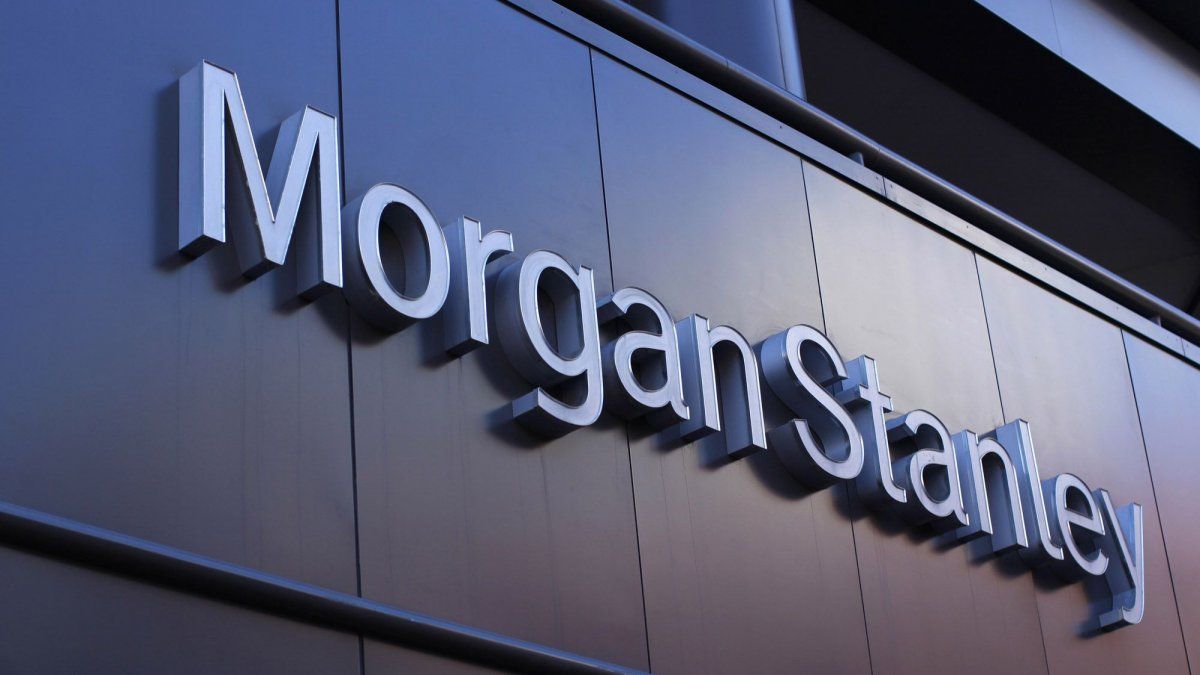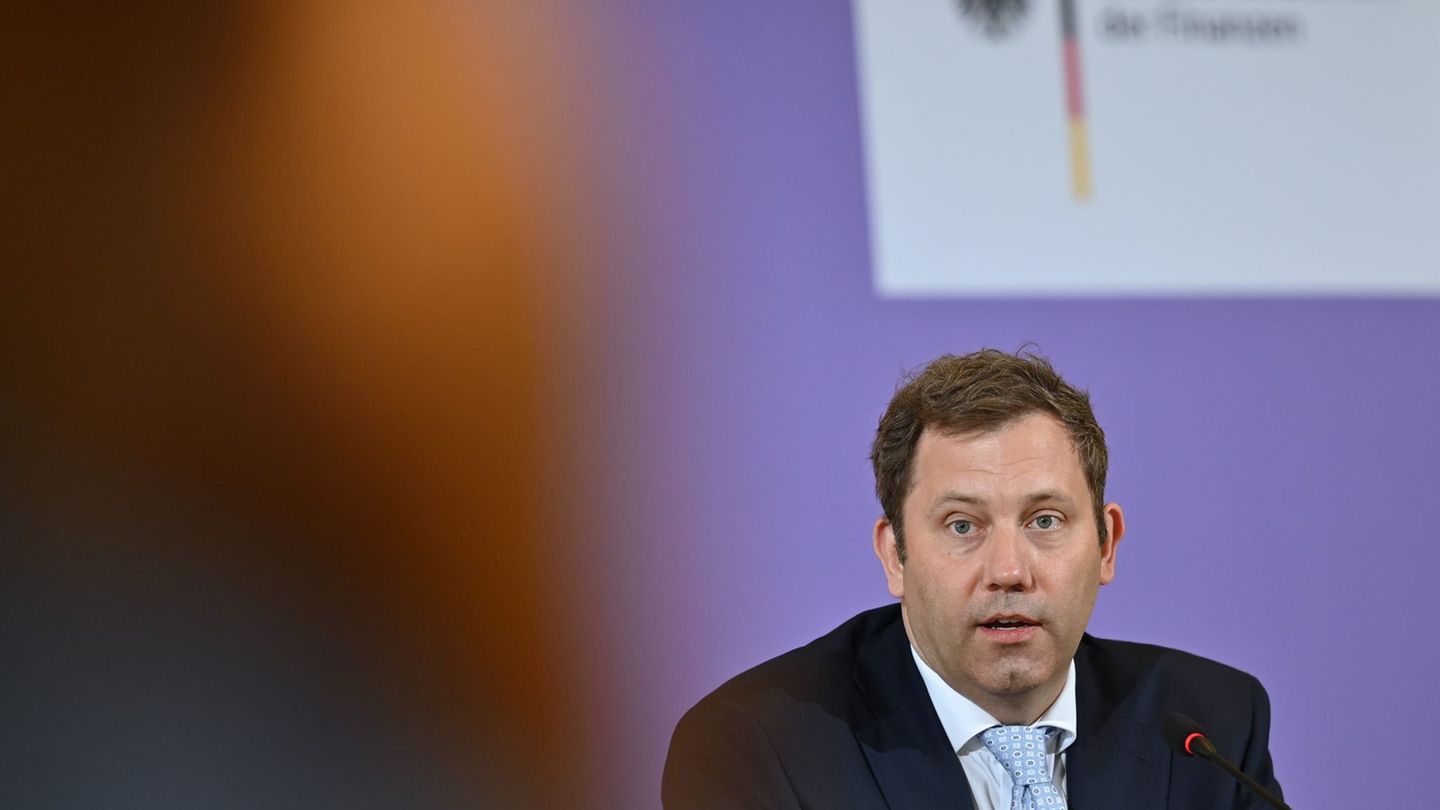I have been working in the news industry for over 6 years, first as a reporter and now as an editor. I have covered politics extensively, and my work has appeared in major newspapers and online news outlets around the world. In addition to my writing, I also contribute regularly to 24 Hours World.
Menu
Finances: Klingbeils plans: two households, 170 billion debts
Categories
Most Read
Venezuela: USA sends bombers off the coast of the Caribbean country again
October 27, 2025
No Comments
Brazil: How a mother and her children escaped the flood
October 27, 2025
No Comments
Donald Trump is again flirting with a third term in office
October 27, 2025
No Comments
Madrid: Spain facing government crisis: Catalans break with Sánchez
October 27, 2025
No Comments
Julian Reichelt: Investigations on suspicion of incitement to hatred
October 27, 2025
No Comments
Latest Posts

a food program that benefits 42 million people will be suspended
October 28, 2025
No Comments
He United States Department of Agriculture announced that the Supplemental Nutrition Assistance Program (SNAP)which reaches 42 million beneficiaries, will not have funds as of November

Strong failure in the Nacional: the AFA declared the match lost to Gimnasia de Jujuy in the duel against Deportivo Madryn
October 28, 2025
No Comments
October 27, 2025 – 21:33 The AFA Disciplinary Court decided to declare the match lost to the Jujuy team after its leaders threatened referee Lucas

US banks adjust forecasts on the dollar, after Javier Milei’s resounding victory
October 28, 2025
No Comments
On the political level, the majority of international bank analysts expressed their “surprise” at the resounding and unexpected victory of Javier Milei. To put it
24 Hours Worlds is a comprehensive source of instant world current affairs, offering up-to-the-minute coverage of breaking news and events from around the globe. With a team of experienced journalists and experts on hand 24/7.

